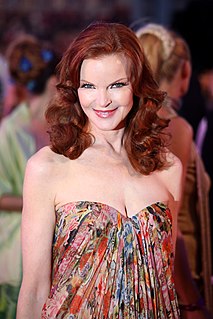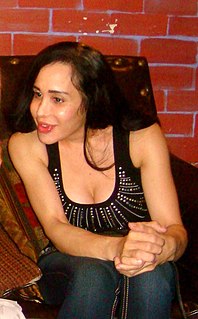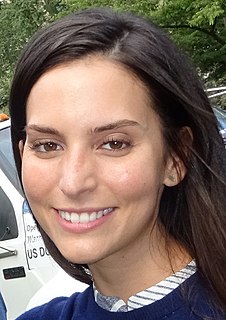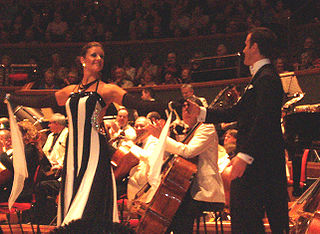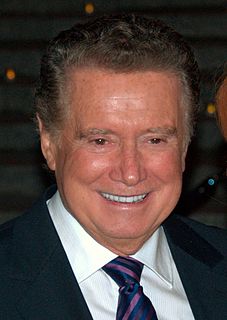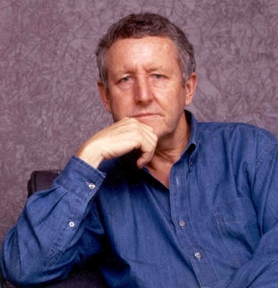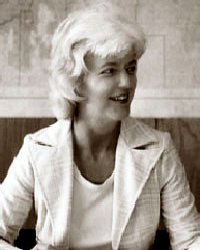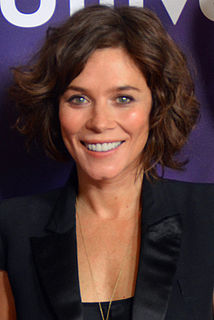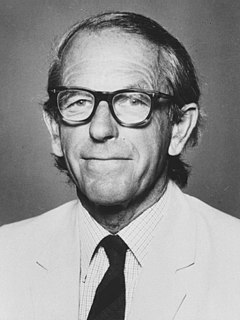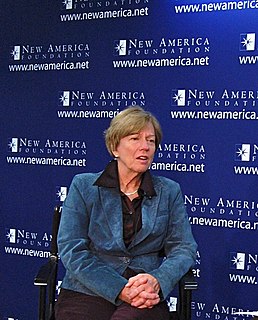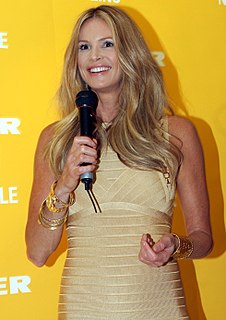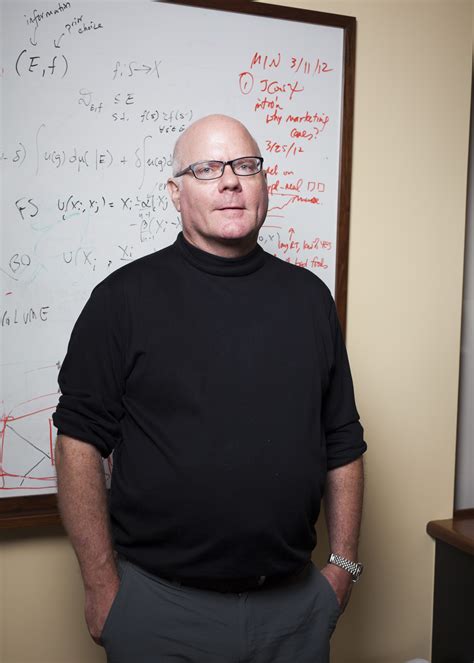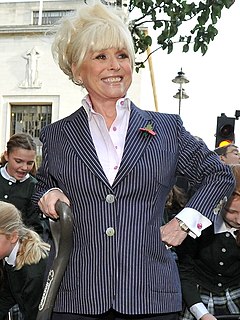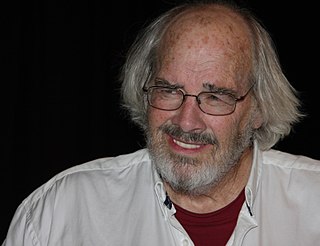Top 1200 Good Genes Quotes & Sayings - Page 2
Explore popular Good Genes quotes.
Last updated on December 2, 2024.
There is no gene "for" such unambiguous bits of morphology as your left kneecap or your fingernail. [...] Hundreds of genes contribute to the building of most body parts and their action is channeled through a kaleidoscopic series of environmental influences: embryonic and postnatal, internal and external. Parts are not translated genes, and selection doesn't even work directly on parts.
The study of how substances alter gene expression is part of the field of epigenetics. Some chemical exposures appear to turn on and turn off genes in ways that disregulate cell growth and predispose for cancer. From this perspective, our genes are less the command-and-control masters of our cells and more like the keys of piano, with the environment as the hands of the pianist.
We can now determine, easily and relatively cheaply, the detailed chemical architecture of genes ; and we can trace the products of these genes ( enzymes and proteins ) as they influence the course of embryology . In so doing we have made the astounding discovery that all complex animal phyla - arthropods and vertebrates in particular - have retained, despite their half-billion years of evolutionary independence, an extensive set of common genetic blueprints for building bodies.
If the universe were just electrons and selfish genes, meaningless tragedies ... are exactly what we should expect, along with equally meaningless good fortune. Such a universe would be neither evil nor good in intention ... The universe we observe has precisely the properties we should expect if there is, at bottom, no design, no purpose, no evil and no good, nothing but blind pitiless indifference.
While nobody has identified any gene for religion, there are certainly some candidate genes that may influence human personality and confer a tendency to religious feelings. Some of the genes likely to be involved are those which control levels of different chemicals called neurotransmitters in the brain.
There's this very interesting and complicated connection between our environment and our genes and the traits that come out of the environment plus genes. And there's huge potential. I mean we see amazing abilities. Marie Curie, Albert Einstein. All sorts of arts, and literature and so forth. These are not typical traits of everybody on earth.
The implication is that this basic idea we have that we are controlled by our genes is false. It's an idea that turns us into victims. I'm saying we are the creators of our situation. The genes are merely the blueprints. We are the contractors, and we can adjust those blueprints. And we can even rewrite them.
The mind/body connection is like a telephone line - many telephone lines, in fact, teeming with information. Small things like drinking an orange juice with pulp or eating an apple is being received like a telephone call to your genes. Every thought, every thing you eat, every single little thing can tweak your genes activity towards healing.
Natural species are the library from which genetic engineers can work. Genetic engineers don't make new genes, they rearrange existing ones. Speaking as World Wildlife Fund Executive Vice President, stating the need to conserve biodiversity, even plants and animals having no immediate use, as a unique repository of genes for possible future biogengineering applications.
Genes which allow females to be less inhibited leave fewer copies of themselves than genes which persuade them to remain highly selective. Among males, the best strategy is exactly the opposite one. The maximum advantage goes to those males with the fewest inhibitions. "Love 'em and leave 'em" is not so much a nasty peice of male chauvinist piggery as an accurate reflection of biological reality.
The great paradox of determinism and free will, which has held the attention of the wisest of philosophers and psychologists for generations, can be phrased in more biological terms as follows: If our genes are inherited, and our environment is a train of physical events set in motion before we were born, how can there be a truly independent agent within the brain? The agent itself is created by the interaction of the genes and the environment. It would appear that our freedom is only a self delusion.
A DNA sequence for the genome of bacteriophage ?X174 of approximately 5,375 nucleotides has been determined using the rapid and simple 'plus and minus' method. The sequence identifies many of the features responsible for the production of the proteins of the nine known genes of the organism, including initiation and termination sites for the proteins and RNAs. Two pairs of genes are coded by the same region of DNA using different reading frames.
When you're coming into a company and, you know, have to do a transformation, what you really want to do is look at the company and say, 'Okay, here are the parts that the company does well. How do we get those genes to hyper-express? The genes that are getting in the way, how do you turn those off?'
Charles Darwin and I and you broke off from the family tree from chimpanzees about five million years ago. They're still our closest genetic kin. We share 98.8 percent of the genes. We share more genes with them than zebras do with horses. And we're also their closest cousin. They have more genetic relation to us than to gorillas.
Human beings do not carry civilization in their genes. All that we do carry in our genes are certain capacities- the capacity to learn to walk upright, to use our brains, to speak, to relate to our fellow men, to construct and use tools, to explore the universe, and to express that exploration in religion, in art, in science, in philosophy.
But the 20th century suffered "two" ideologies that led to genocides. The other one, Marxism, had no use for race, didn't believe in genes and denied that human nature was a meaningful concept. Clearly, it's not an emphasis on genes or evolution that is dangerous. It's the desire to remake humanity by coercive means (eugenics or social engineering) and the belief that humanity advances through a struggle in which superior groups (race or classes) triumph over inferior ones.
Recently, results of the Human Genome Project have shattered one of Science's fundamental core beliefs, the concept of genetic determinism. We have been led to believe that our genes determine the character of our lives, yet new research surprisingly reveals that it is the character of our lives that controls our genes. Rather than being victims of our heredity, we are actually masters of our genome.
Very close cousins like humans and chimps have almost all their genes in common. Slightly less close cousins like humans and monkeys still have recognizably the same genes. You could carry on right on down to humans and bacteria, and you will find continuous compelling evidence for the hierarchical tree of cousinship.




